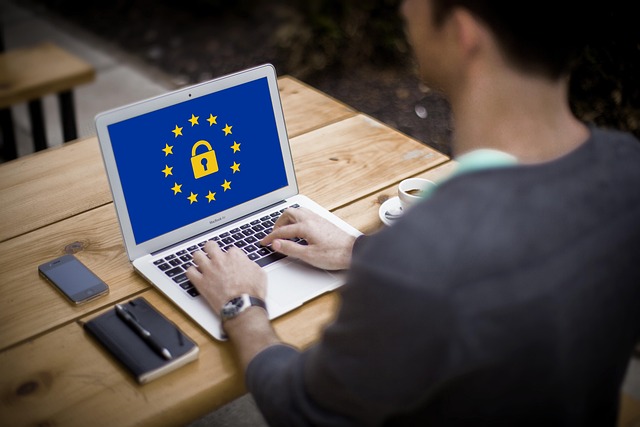The digital age has revolutionized the way we interact with each other, fundamentally altering not just our personal lives, but also the landscape of business, marketing, and governance. With the rapid advancement of technology comes a new layer of responsibility, especially relating to data protection legislation. In an era where every click, like, and share can be stored as data, understanding how these laws shape technology etiquette and social trends is crucial.
Technology etiquette has evolved dramatically in response to new regulations. With increased scrutiny on how personal data is collected and used, individuals and organizations alike are redefining their approach to digital interactions. From guidelines regarding the usage of customer information to ethical marketing practices, the advent of stringent data protection laws has necessitated a shift in behavior. For example, businesses must now prioritize transparency, openly informing users about data collection methods and practices. This approach fosters trust, ensuring that consumers feel secure and respected in their digital interactions.
Moreover, this change influences how individuals conduct themselves online. Awareness of data protection legislation has led to a more cautious mindset among users, who are increasingly concerned about privacy. This shift can be seen in the popularity of privacy-focused technologies, such as encrypted messaging apps and ad-blocking services. It’s no longer enough to simply enjoy technology; individuals now feel a responsibility to protect their personal information, shaping a new etiquette of engagement where consent and clarity take precedence.
On the social front, data protection legislation has amplified discussions about digital ethics and personal responsibility. Social media platforms are under pressure to comply with data privacy standards, leading to significant changes in how they operate. Users are now encouraged to think critically about the information they share and the potential consequences of oversharing. This introspection has sparked trends like ‘digital detoxes’, where users consciously unplug from social media to reassess their online presence and mental well-being.
Furthermore, the influence of data protection legislation has ripple effects across various cultural and social aspects, fostering a heightened awareness of digital footprints. This awareness has given rise to #PrivacyMatters and similar campaigns, encouraging individuals to advocate for their rights and promoting a culture of accountability among corporations. As society becomes more attuned to the implications of data privacy, it is likely that we will see a continued evolution of both technology etiquette and social consciousness.
Ultimately, navigating the intricacies of data protection legislation is not merely a legal obligation; it is an opportunity for organizations, consumers, and stakeholders alike to engage in meaningful dialogues about ethics, responsibility, and respect in the digital age. By understanding these legislative frameworks, we can foster a more secure environment that prioritizes the well-being of individuals while embracing the technological advancements that define our times.




